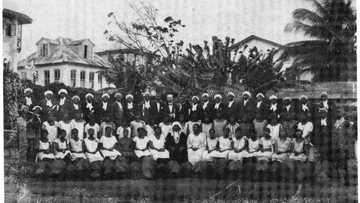Major historical events in Nigeria before colonial era
What is Nigerian history? Does it start with the proclamation of independence in 1960? Or should the history of the peoples that lived on these lands millennia ago also count? If you are leaning more towards the second option, then we would like to offer you some facts about the major historical events in Nigeria in the pre-colonial era.
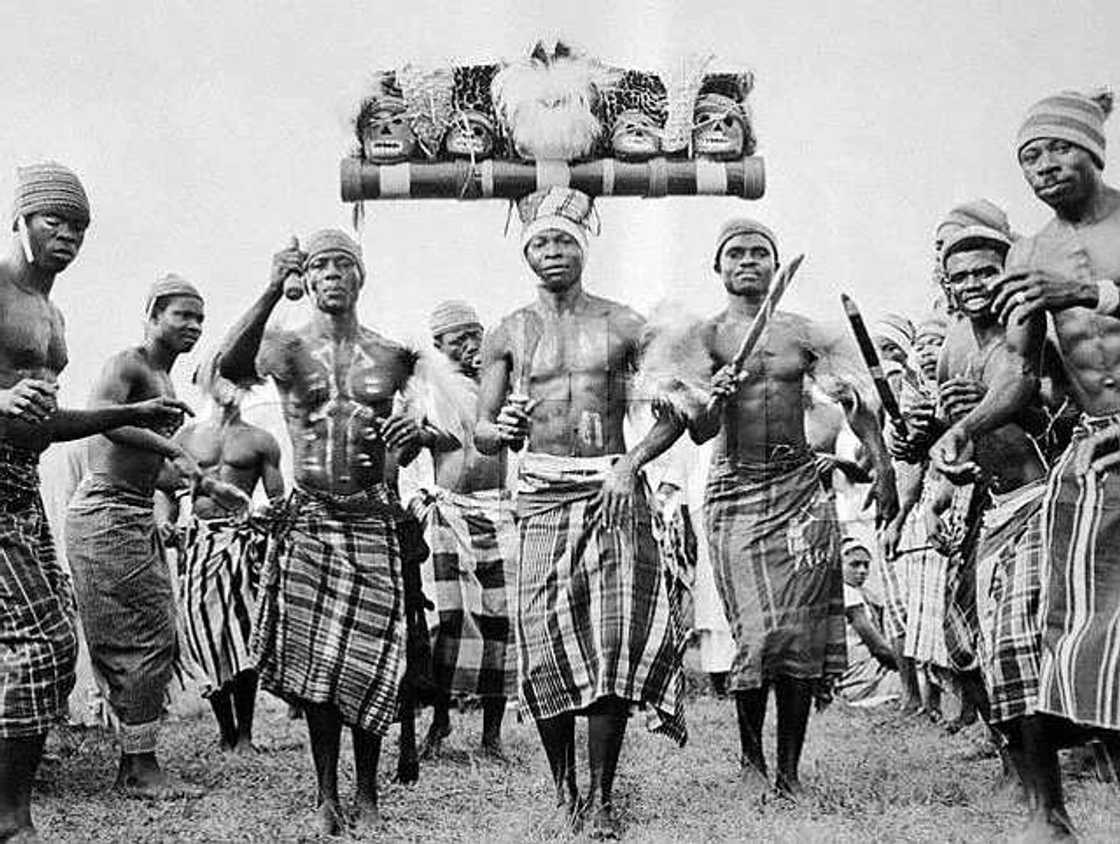
Early historical events of Nigeria
You can say that Nigeria's history began thousands of years ago. Many historians believe that the first people inhabited Nigeria’s territory as early as 11,000 BC. The oldest remains found in Iwo Eleru, for example, are more than 13 thousand years old!
The first organised society is considered to be the Nok culture. It existed approximately from 900 BC until 200 AD. The settlement was located in the Jos plateau, at least according to the ancient artifacts and tools found in that area.
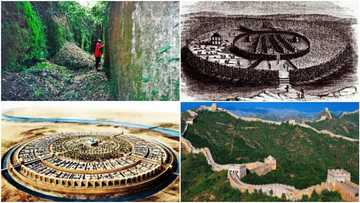
Read also
Facts about the ancient walls of Benin which are longer than Great China Wall and how the British destroyed them (photos)
Another famous early settlement was the Nri Kingdom that came into existence around 900 AD. It was located around the Awka area, and its history spans for a whole millennium, until its unfortunate demise all the way in 1911 at the hand of the British.
Little else is known about the earliest people of Nigeria. Therefore, it is time to move on to the many kingdoms and empires that sprouted in the region in the following centuries.
The age of empires and kingdoms
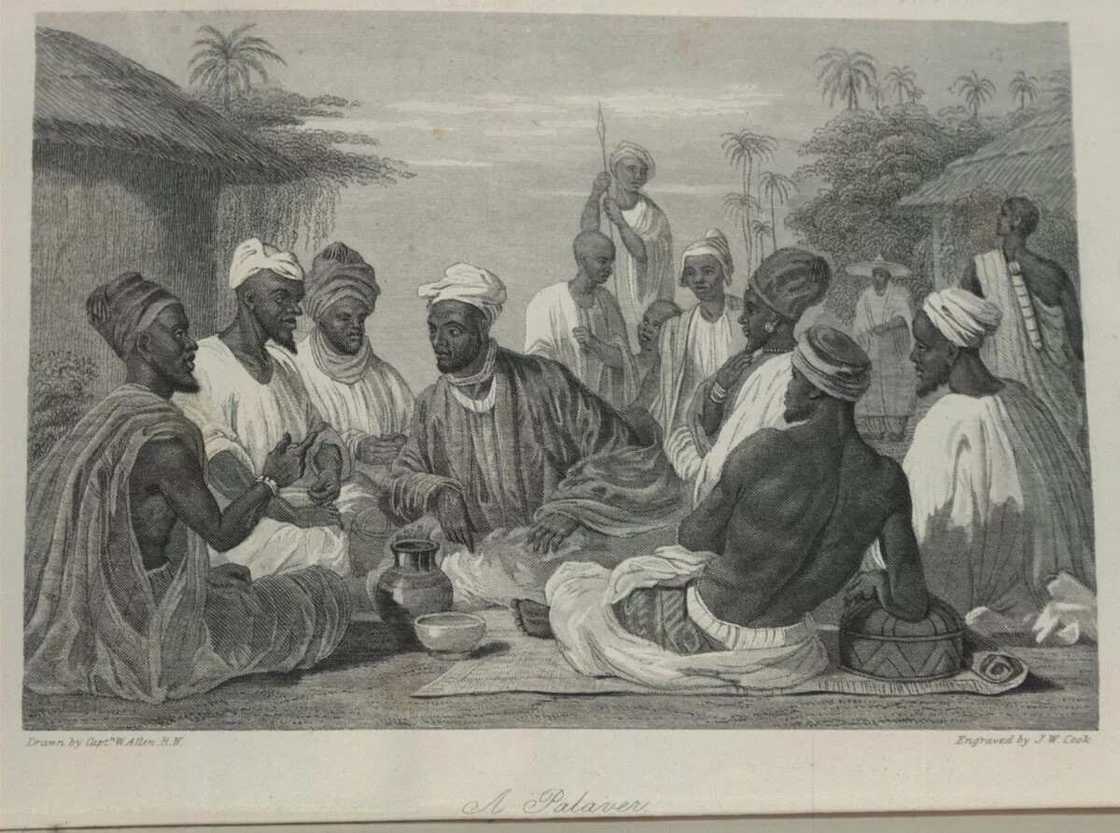
READ ALSO: How old is Nigeria?
Beginning with the 9th century, the history of Nigeria becomes a little bit more exciting. The region started to fill up with various kingdoms, states and empires. One of the first kingdoms that appeared was the kingdom of Kanem-Borno.
Historians still cannot decide on the actual date of its creation; some say it was 700 AD, others claim it was the 9th century. Who knows? Most importantly, it was a powerful kingdom that survived until the end of the 19th century. During its existence, it occupied the territories of today’s Nigeria and Chad.
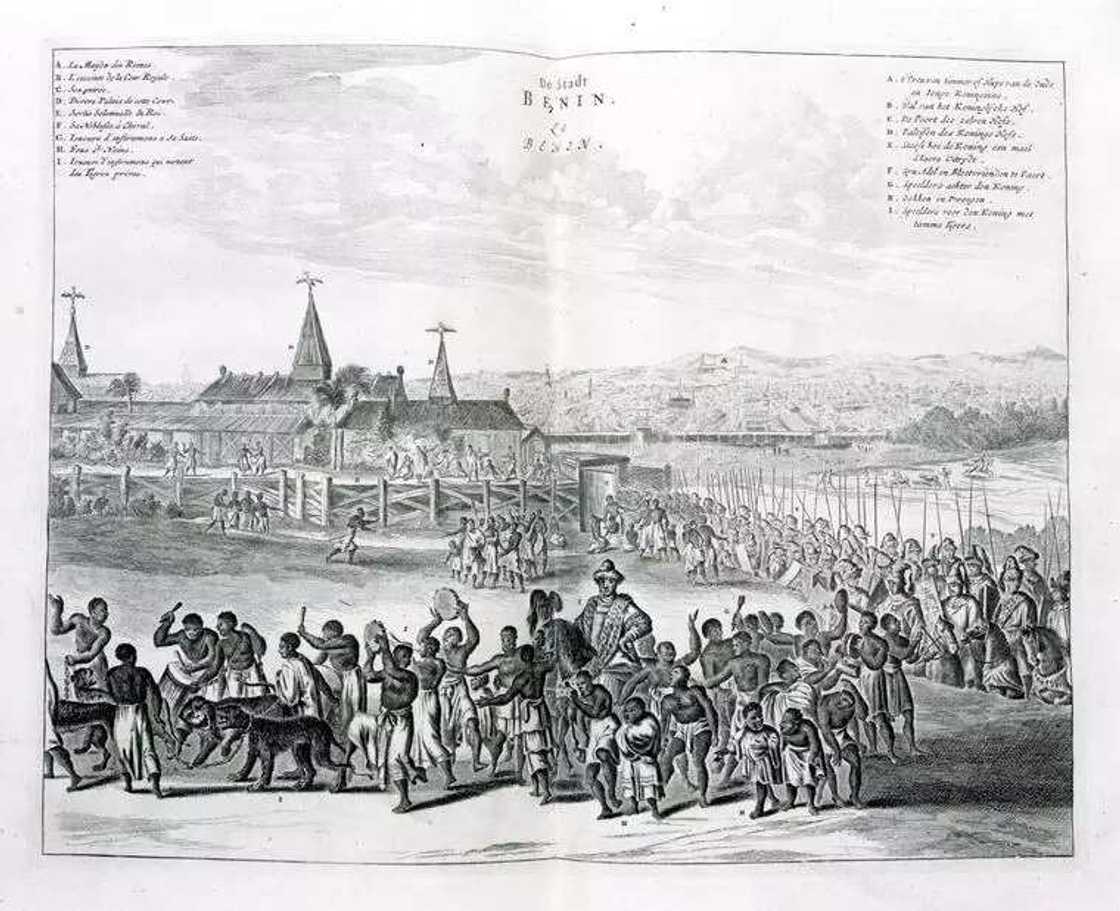
Another important state of that time was the State of Ife, which was established around 1100. It was located in the south of Nigeria, where it flourished until 15th century. Then, the Kingdom of Oyo came around and knocked Ife off its pedestal. Oyo Empire was one of the biggest states in West Africa.
One of the most important events of that time was the establishment of the Benin Empire. Even though the city of Benin existed since 1180, it became a very influential state in 1440 thanks to Ewuare the Great. A few decades later, in 1472 to be exact, the Portuguese reached the Nigerian shores. In 1485, they reached Benin and established a mercantile relationship with it. In 1553, the British also reached Benin and developed a trading relationship.
The conflicts and slave trade
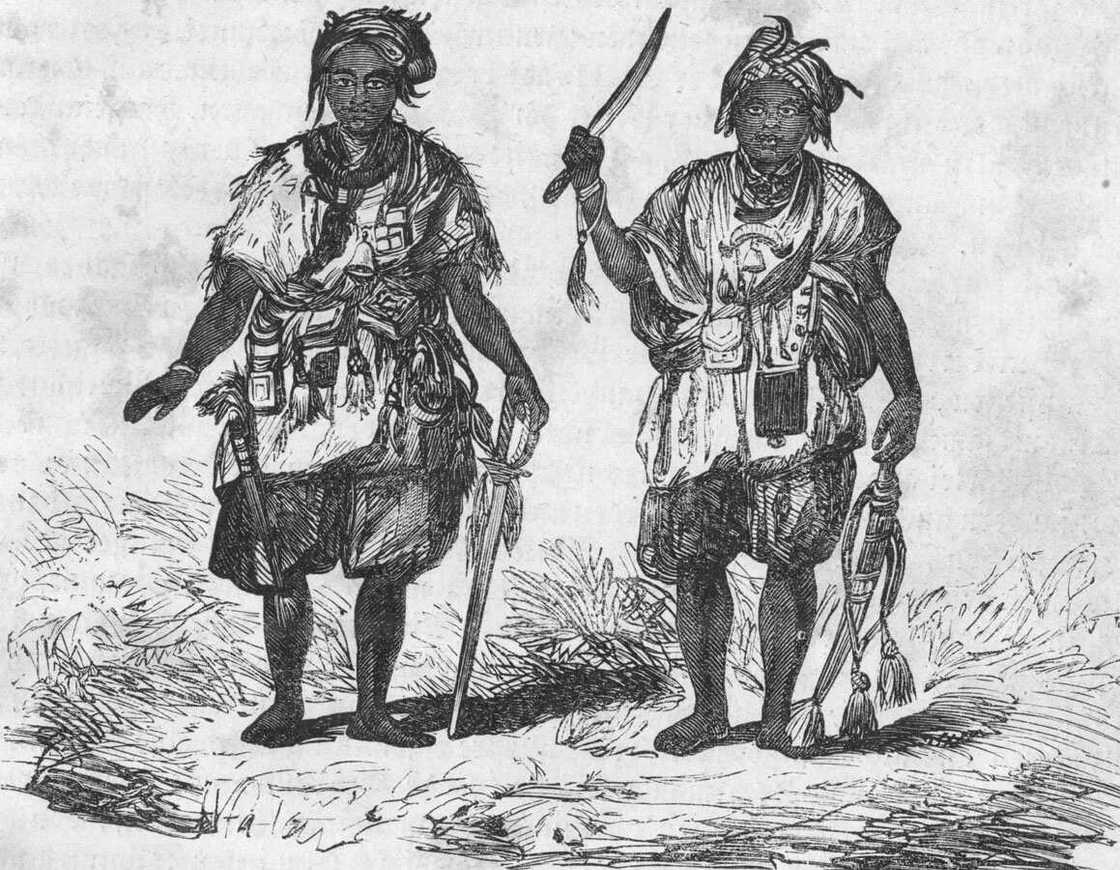
Of course, the region did not survive without wars. Among them, we should definitely mention the Aro-Ibibio wars. Not only did they last for a very long time (1630-1720), but they also resulted in the creation of another Igbo kingdom in 1690 called Arochukwu kingdom. Some conflicts actually lasted until 1902.
Another war worth mentioning is the Fulani War that sparked between the Fulani and the Hausa Kingdoms in the north. The war lasted from 1804 until 1808 and resulted in the establishment of the Sokoto caliphate in 1809.
The age of kingdoms was also marred by the dark days of slave trading. Starting from the end of the 15th century, people became property. Every year, over 3,000 people were shipped off to the distant shores. At the beginning of the 18th century, the Bight of Benin earned the name Slave Coast, as it was the hub of slave trade.
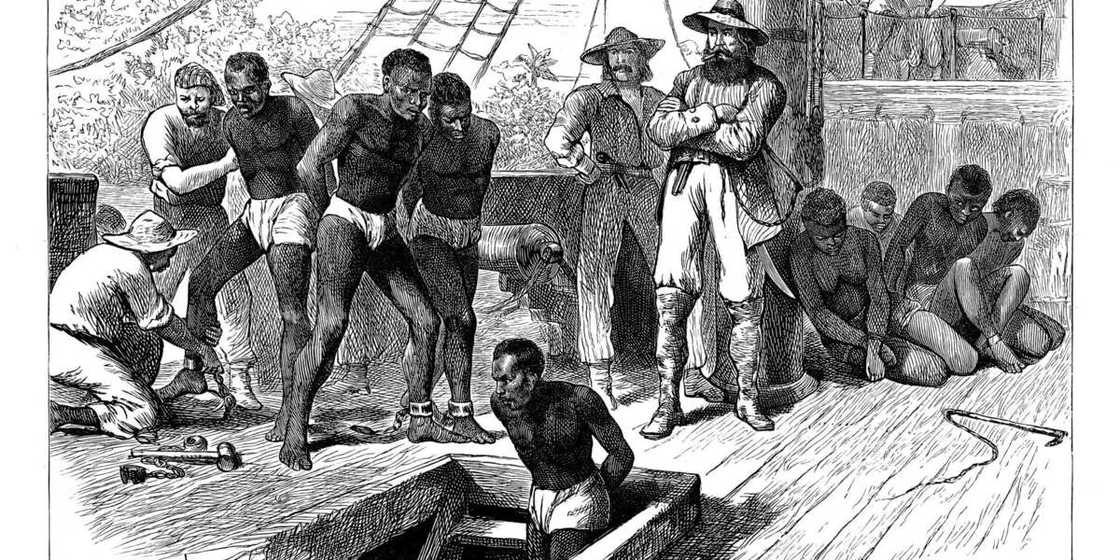
The whole era of slave trading was absolutely horrific. People were taken from their homes against their will and sold to the highest bidder, what could be worse? However, one of the most terrible events happened in 1767, when the British killed hundreds of people in Calabar.
What is interesting is that the British were actually the ones who initiated the abolition of slavery. Thus, in 1807, slave trade became prohibited for British subjects. In 1833, the British banned slavery. Nevertheless, other nations still traded in people until 1842, when a treaty stopped slave trade.

While the slave trade was still going on, the Yoruba people had their own internal conflict. The Oyo Empire erupted in a civil war in 1817 after an attempted coup. This has sparked a whole series of conflicts in Yorubaland.
The first major war was the Owu War (1820-1825), where the allied forces of Oyo, Ife and Ijebu fought to destroy Owu. Then, after a few decades of relative peace, came ‘the war to end all wars’ in 1877, the Kiriji war. It was a major conflict that lasted for 16 years. While a peace treaty was signed in 1886, the war actually ended in 1892.
The last years of the pre-colonial era in Nigeria
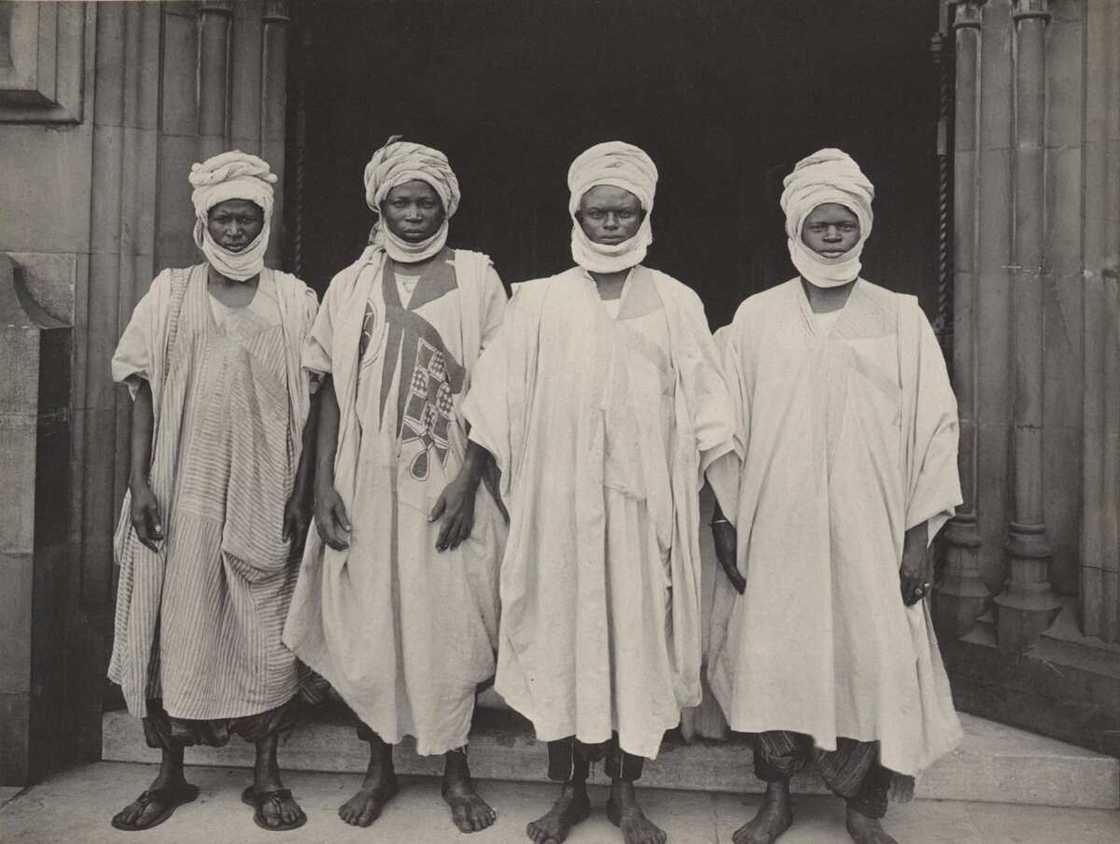
The date that ends the pre-colonial era in Nigeria is up for debate. As there were so many different territories that made Nigeria, they all became colonies at different times. Thus, we will consider all the events until the very last date.
During the second half of the 19th century, Britain set course on turning several separate states in the West African region into one colony by the name of Nigeria. Over the years, the British fought with the native peoples and slowly established their dominance one state at a time.
In the 1850s, the British established their presence around Lagos. In 1861, Lagos was annexed by the British forces. In 1862, it became a British colony. In 1886, it was separated from the Gold Coast. In 1884, the Oil Rivers Protectorate was formed. Over the next few decades, the region of today’s Nigeria was filled with British colonies, including the Northern and Southern Protectorates.
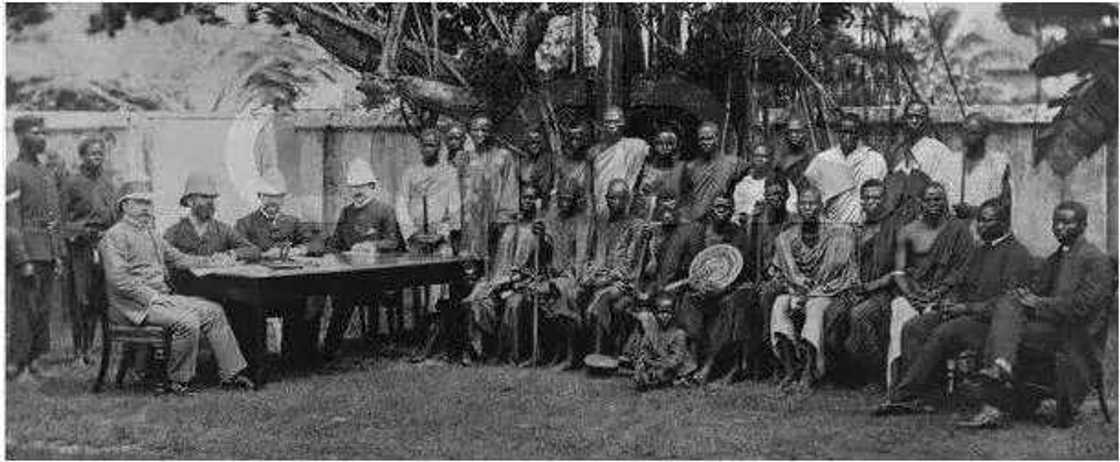
In 1900, the government of Britain got a hold of the both protectorates. In 1914, all of the colonies on Nigerian territories were united into one Colony and Protectorate of Nigeria, which signified the end of the pre-colonial era.
And that is it for our overview of major events in Nigeria history. Unfortunately, the size limits of this article do not allow us to go more into details of these historical events. However, we tried our best to give you a general idea about the history of Nigeria before colonial era. We hope you have enjoyed reading it as much as we have enjoyed writing it!
READ ALSO: Amalgamation of Nigeria in 1914 by Lord Lugard
Source: Legit.ng



